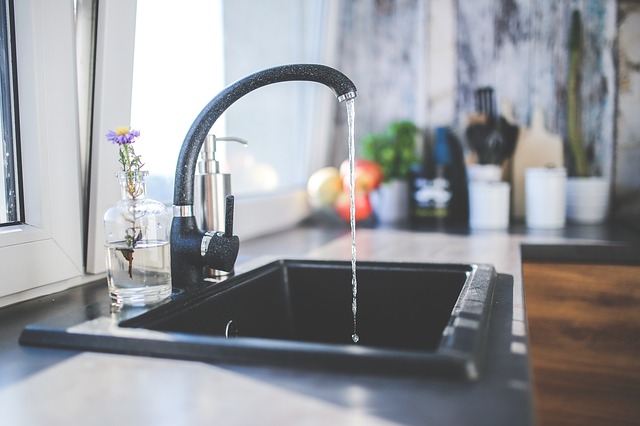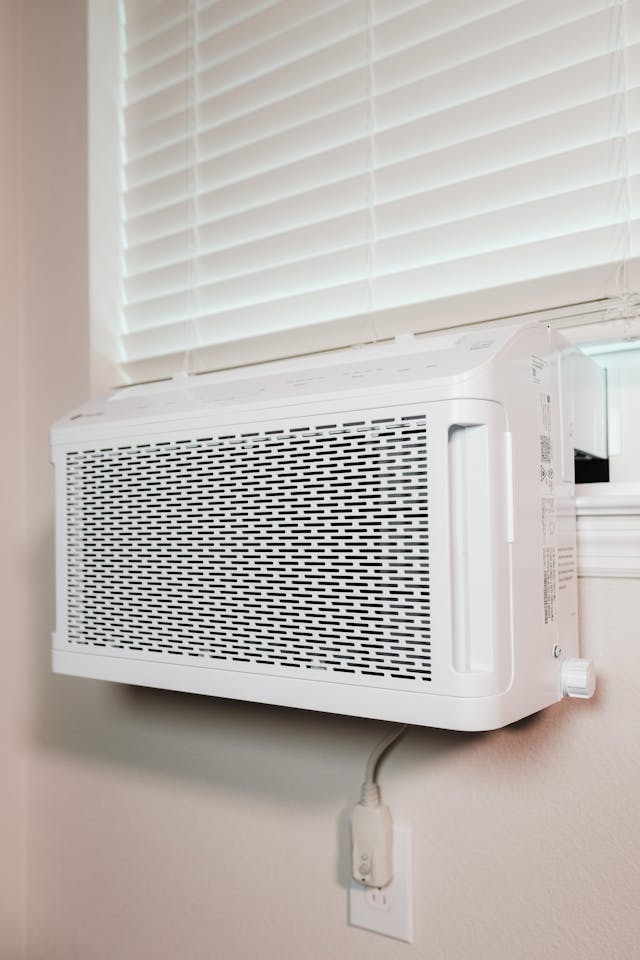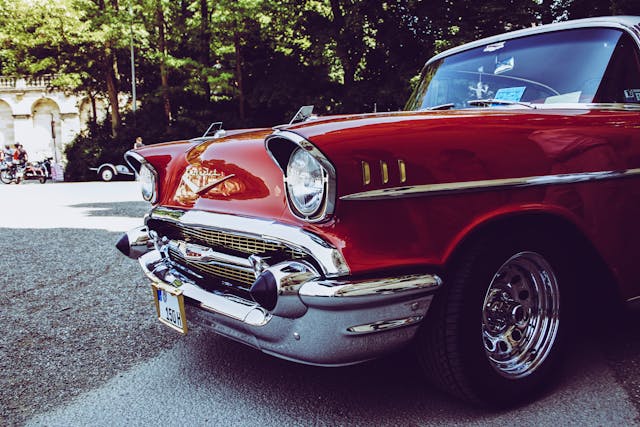How we manage our freshwater resources will be key to the health of our planet.
Between school, work schedules and juggling errands, appointments and family, we barely have the patients to fight heavy traffic. And let’s not forget all the important cell phone calls and emails to check throughout the day. What about those workouts at the gym and sports practices? Whew!! People find it easier and more convenient to grab a bottled water.
Although many people drink bottled water out of concern because they are afraid at what might be lurking in their tap water. Justly so, since there are unbelievable amounts of chemicals, medications, heavy metals and other contaminants to be concerned about in many public water systems. But do we know what is lurking in our bottled water?
Water has become a big business for global corporations that are making millions of dollars in what seems to be a limitless market. Bottling manufacturing plants are shipping water all over the world. It occurred to me the other day while watching the news. They were showing young athletes beginning football practice in this horrible heat wave and the importance of drinking plenty of water. I’m looking at these kids with all these plastic bottles of water in their hands. I was wondering what happened to the iced down water coolers? Does it think they call them Water Igloos? You use to see them on all the football fields during practice and games?
Because of research, I had done in the past with the company Monsanto and their GMO seeds and roundup ready crops, it led me to that icky feeling in the pit of my stomach. When I made a connection between Monsanto, as the largest manufacturer in the world of plastics and with coca cola being the largest manufacturer of bottled water, it made me suspicious indeed. Actually, I’ve known this for quite some time somewhere in the back of my head but never knuckled down enough to take a little deeper look into the situation.
What effect are plastic bottles having on our ecosystem? The simple fact is that millions of plastic bottles are ending up in our landfills. One bottle out of every four plastic bottles is actually recycled. If they are sitting in landfills sealed and compacted with all of the other trash and bottles with no air moving, they won’t decompose at all. How nasty we are about plastic and how simple it would have been to simply use a reusable cup with some ice and tap water.
What effect is bottled water having on our natural resources? This is an interesting question because it actually takes 3 liters of water to make 1 plastic bottle and fill it with water. So I wonder how much water was wasted just to make that 1 plastic bottle of water after years of manufacturing it? That is an overwhelming thought actually when I think about all those hands holding a bottle of water out there in the world. How much less waste there would be if we had just poured ourselves a glass of tap water.
Where is the water coming from that is put in plastic bottles? The answer to this question is quite disturbing. We have 3 main water bottling companies in the U.S. They are Coca-Cola, Pepsi, and Nestle. It is said that 40% of the water they use comes from your local municipal public water system. In other words, your tap water. The companies seek out land purchases and approval through individual communities to set up their bottling plants. Once the plants are set up they begin to mine underground water from your local water resource causing a strain that ends with very low water tables. So in times of drought your communities water supply has been shipped around the world.
While researching Texas water tables because of our own extreme drought, I ran across information on the city of Laredo dumping a whole lot of poisonous toxins into the Rio Grand River. Of course, this report was written in 2000 but there are still reports in 2010 by the NY-Times on the very same issue. This is a real big problem throughout the U.S. The NY-Times has actually put together a complete database by a city of toxic polluters and violators around the nation. Why have we not protected our precious water resources so we have clean pure healthy water systems? Instead, we drink bottled water to avoid what is being dumped or leaching into our beautiful lakes and streams and underground aquifers.
This took my thoughts back to the Rio Grand River. The river is also a source for bottled water companies that bring huge tankers to fill up with the river water and haul it the plants to be bottled. From what I understand it helps provide water all the way up to New Mexico. There is also what is considered the world’s largest inland desalination plant in El Paso that also uses the Rio Grand River as one of its sources. It is working towards providing water to the public utilities for tap water.
The bottled water companies are monitored by the FDA and the public utility water systems for your tap water are monitored by the EPA. It appears that the FDA relies on the bottling companies to run their own testing on dangerous toxins with very little regulations. The EPA, however, requires that your municipal water companies be certified and requires regular testing be done and made public in reports to the community it serves. There are big differences in the regulations by each agency that are quite alarming indeed.
The spring water that is bottled comes from environmentally sensitive areas that should be protected rather than exploited.
It remains a fact that Coca-Cola is one of the largest bottled water companies and have the most bottling plants throughout the world. There seem to be many complaints from countries like India that groundwater is being depleted and wells are drying up, blaming the bottling plants for pirating water supplies.
Is Bottled Water Safer Than Tap? According to the Food And Water Watch Organization and many more like them, bottled water is not any safer than the water from your tap. Independent testing showed that 10 of the most popular brands of bottled water bought at the grocery store, in 9 states including the District of Columbia, found 38 Chemical Pollutants that averaged out to 8 contaminates per each brand.
What should we do? Let’s grow green kids. It is highly recommended to simply check with your local water authority to find out exactly what toxins might be in your own tap water. You can also visit one of the largest databases at The Environmental Working Group and type in your zip code and the name of your water company to get the details of what is in your water. We can have safer results by adding a water filtration system to our own tap water. With the many different filtration systems to choose from you can have one based on the water quality of your tap water. They can even filter fluoride that concerns many people.
In order to shift to a greener world, we must shift away from consumerism. It can be enjoyable to keep reusable quality items that we can maintain like a nice water Igloo and jug or a thermos and water containers. By using your own tap water you can save hundreds of dollars in a years time. This will also cut out disposable conveniences that are leaving such a large toxic footprint on our earth. We must all step up and become a part of protecting our natural resources instead of giving in to buying bottled water that has done nothing but cause water to become harder to come by and more expensive. We need to cut to the core and demand enforcement and stricter regulations on dumping toxins into our water systems and focus on investing and protecting our precious natural resources. We must insist that the EPA and other public officials do their jobs. We certainly don’t need public school curriculum’s designed by Nestle Bottled Water Company and We don’t need bottled water vending machines on our school campuses. We have the responsibility to teach our children about the value of our natural resources and how to protect them for future generations. It’s a lot to think about and well worth the effort to take action towards a natural lifestyle.
- Wild Dagga Motherwort Medicinal Herb - November 11, 2013
- Grow The Best Organic Lettuce - November 4, 2013
- Amish Hot Pepper Mustard - October 23, 2013



Funny you should post this. A few days ago some guy from one of those water delivery services (the ones where you buy the huge jugs) came by and tried to sell me their “product”. I almost told him that I wasn’t interested in his product since it comes in a large plastic bottle, but I didn’t.
There are some problems with tap water especially if you use well water. My grandmother got sick from hers. The issue was resolved when she started filtering it.
Thanks for the article.
I have to apologize as well for the lack of a good description on my water cooler comment. I must improve the use of my Texas Slang, what I meant to describe was the water igloo. Thanks for pointing that area out. I fixed that in my article. I’m so glad your grandmother was able to find a filter to resolve her water contamination. I hope her health has returned. Thanks!!
Instead of taking the time and energy to fill up a reusable bottle of water throughout the day, packaged bottled water provides the ease of access to water anywhere, anytime. For some, having access to bottled water increases total daily water consumption.